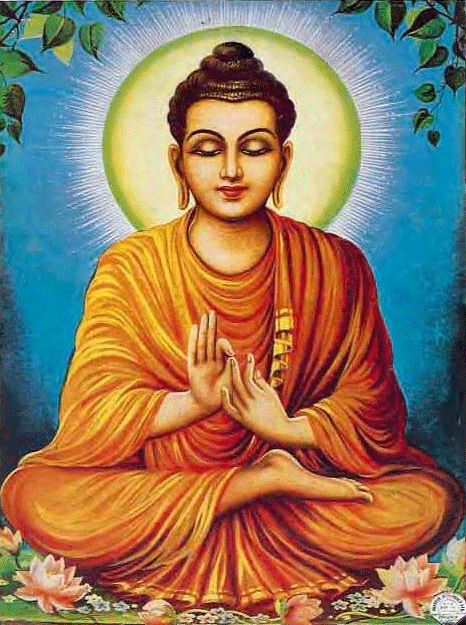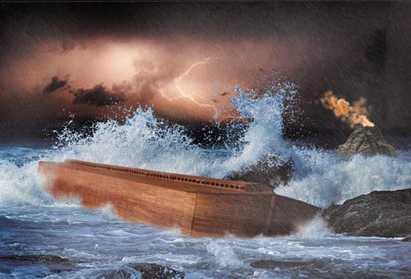For me this was my first time reading any biblical stories. I have only heard of them from various places, but I never took the time until now to read any of them. I used to feel like they would not be relevant to me at all. After reading some of it one quick relies that there is a lot to take away from those stories and they can see the importance of it.
Last year I became a Buddhist and part of Buddhism is being excepting of other religions. Before being Buddhist I was atheist and a bit of a dick about it. I never grew up with a set religion when I was younger so I never got the point of religion. I did see the point of it, and how it can help people. I only saw the pole on T.V quoting it.
The bible has a lot to offer to people of any faith. It just gets a bad rap because some people use it to push their own views on others. Taking quotes from it and use it to try to justify their own views. From what I read of it and I understand now it’s not meant to be taken literally it is a guide not an instruction manual. It is meant to show you examples of positive ways to live your life and that is what I take it as.
I probably would not have read any of it if it was not for this English class, but it was a worthwhile experience. If only to just get a better understanding of what the Bible is about. I found things I can take away from it and feel better informed because of it.
















